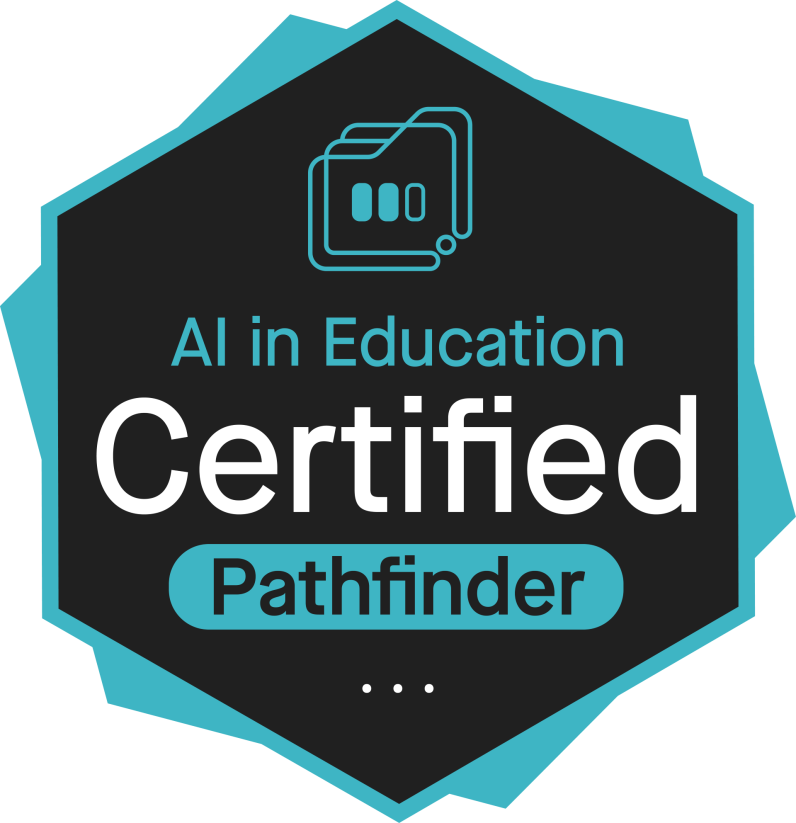- Home
- Curriculum
- Assessment
Assessment at Sayes Court
At Sayes Court we use both formative and summative assessment to track progress and attainment. Formative assessment occurs throughout the school day; during lessons, conferencing and interventions. Summative assessment is mainly carried out using observations and testing.
It is our expectation that the vast majority of children will meet national expectations at the end of each phase or key stage of their education and that a number of children will exceed these.
Phases and key stages in primary education are as follows:
- Early Years Foundation Stage (EYFS): Nursery and Reception
- Keystage 1 (KS1): Year 1 and Year 2
- Keystage 2 (KS2): Year 3, 4, 5 and 6
So how will this look at the end of each Key Stage?
EYFS
EYFS
At the end of EYFS, the expectation nationally is that children will achieve a Good Level of Development (GLD). In order to achieve the GLD, children must reach the Early Learning Goals (ELG) in the Prime and Specific areas of learning.
Prime Areas:
- Personal, Social and Emotional Development
- Physical Development
- Communication and Language Development
Specific Areas:
- Literacy Development
- Mathematics Development
The learning milestones of the various areas can be found in the Development Matters document. Teacher and practitioners use this document to plan a child’s journey through learning and to guide their assessment of each child. This document can be accessed by clicking on the link below:
Early Years Curriclum Development Matters
Depending on whether or not they meet or exceed the ELGs in the various areas of learning, the following descriptors will be used to report outcomes for each child:
- Emerging (1) - yet to be secure in the end of year expectations.
- Expected (2) - solidly secure in the end of year expectations.
Data for EYFS is tracked on Pupil Asset and learning is shared with parents via Tapestry which is an online journal. To find out more about Tapestry and how you can use this as a parent, click on the link below:
Key Stage 1 & Key Stage 2
Key Stage 1 and 2
Assessment Tracking Systems
High expectations and the belief that all children will achieve and succeed is the norm at Sayes Court Primary. Tests are carried out in the following areas:
- Maths – NFER Test
- Reading – NFER Test
- Spelling, Punctuation and Grammar – NFER Test
Writing is teacher assessed and there is no test in this area.
The assessments as described above are taken at the end of the autumn, spring and summer terms.
Depending on the test scores, the following descriptors are used to report outcomes for each child:
- Below (B) – working significantly below the expected standard
- Working Towards (WTS) - working towards the expected standard - yet to be secure in the end of year expectations.
- Expected (EXP) - solidly secure in the majority of the end of year expectations.
- Greater Depth (GD) - secure in almost all or all the end of year expectations and able to use and apply knowledge and skills confidently
These descriptors are the same as those used for the national tests (SATs) which children complete at the end of KS2. This is with the exception of GD where we have increased the threshold from 110 – 115 to allow for differences in the tests. The descriptors are also used for writing.
We use Arbor to track attainment and progress in the core subjects in KS1 and KS2.
Foundation subjects are also assessed through end of unit assessments.
Parents are informed of children’s progress and attainment through termly reports and parents’ evenings.
At the end of KS2 (Year 6) as mentioned above, children take part in national tests called SATs. Children complete reading, maths, spelling / punctuation and grammar tests. Writing is also assessed but this is done through teacher assessment. Moderation within school and across the Bourne Education Trust takes place on a regular basis. Surrey moderate writing at the end of KS2.
|
PA Descriptor |
NFER Score |
National Descriptor |
|
Well Below Expected
|
70- 79 |
Pre Key Stage |
|
Below Expected
|
80-84 |
Below |
|
Just Below Expected
|
85-94 |
Working Towards |
|
Expected (Average)
|
95 - 109 |
Working Towards (below 100) Expected (above 100) |
|
Just Above Expected
|
110 - 114 |
|
|
Above Expected
|
115 – 120 |
Greater Depth |
|
Above Expected
|
125 – 129 |
|
|
Well Above Expected
|
130 -140 |
Phonics Screening
At the end of Year 1, children take part in the Year 1 Phonics Screening. This screening tests children’s ability to apply their knowledge of sounds. This screening is carried out on a 1:1 basis. Further information and test samples for the Year 1 Phonics Screening and KS1 and KS2 SATs can be found by clicking on the link below:
https://www.gov.uk/government/collections/national-curriculum-assessments-practice-materials
Engagement Model
In line with national guidelines we will use the Engagement Model to assess those children working below the national curriculum tests. Click on the link below for further information.
Guidance overview: The engagement model - GOV.UK (www.gov.uk)
Your browser is out-of-date!
Update your browser to view this website correctly. Update my browser now








